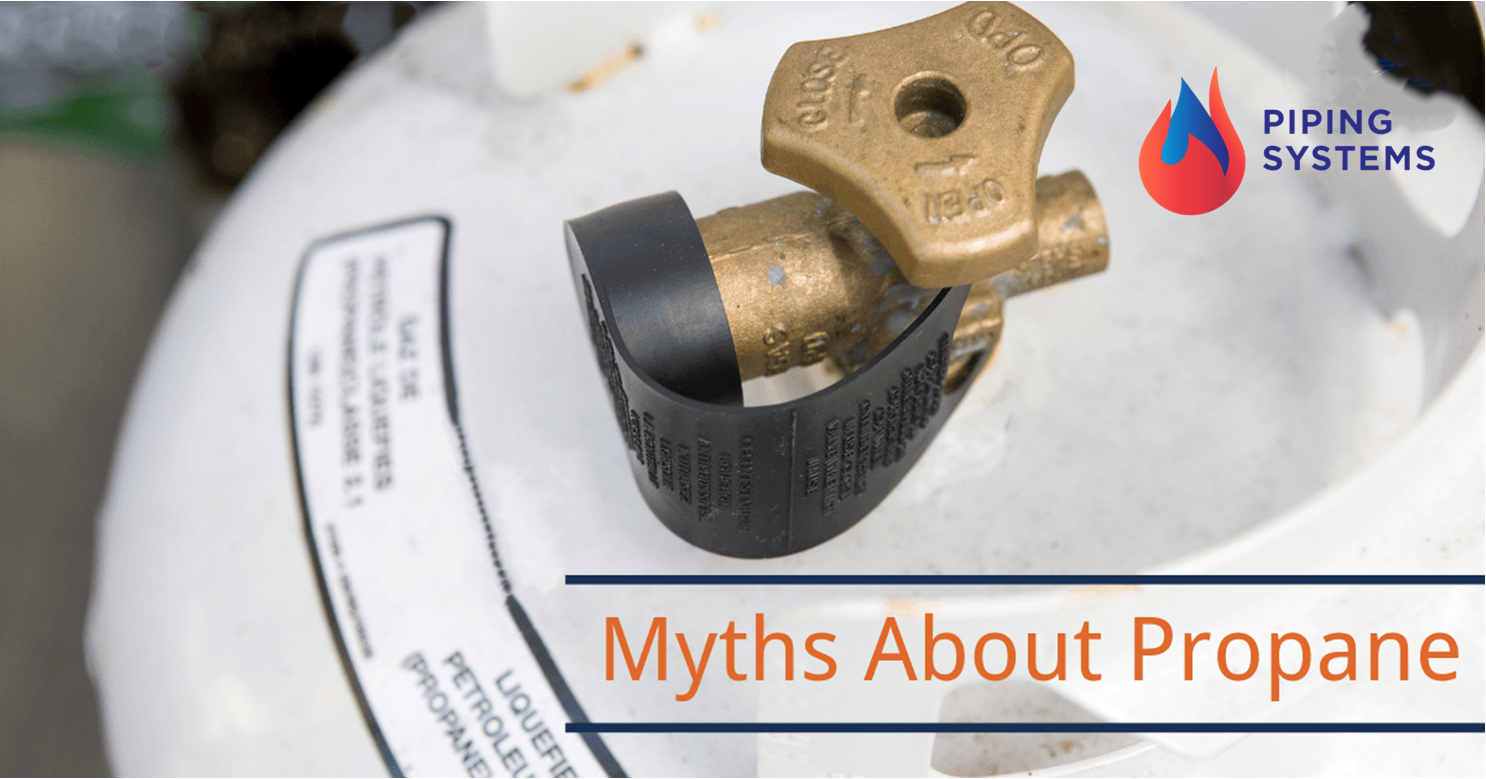Published September 17, 2019

Propane is a fuel that can be used on a job for a wide range of applications. It makes an ideal fuel for a generator or a large capacity heater on a construction site, and it can also be used to run lights and to power a wide range of equipment.
Unfortunately, there are at least four different myths about propane that make some contractors nervous about using this gas on a construction site. Understanding the truth behind the fuel can open up a low-cost option for providing fuel to the equipment you need on the job.
Myth: Propane Is Dangerous
This is perhaps the most commonly heard complaint against propane, but it is actually a myth. Perhaps a better explanation would be that the risk of using propane on a job has become almost an urban legend. In reality, propane has the lowest flammability rating of any type of alternative fuel, and equipment designed to operate using propane automatically shuts off if there is any problem in the system, further reducing the chance of any dangerous situation developing.
The reality is that propane is very safe when used with safety measures and considerations in place to prevent hazards. This is the same with cans of diesel or gasoline around a construction site.
Generally, keep propane containers away from open flame, out of traffic areas and away from buildings and property lines. This is no different from the safety issues with storing any other type of fuel.
Keep in mind, propane is non-toxic and is considered by the EPA to be a fuel that does not contaminate the soil, water, or the air if there is a leak. Propane is also safe to use indoors for this reason, and the gas produces fewer harmful and potentially deadly emissions compared to diesel or gasoline engines.
Myth: It is Expensive
The typical cost of propane is about 40% less than diesel, gas, or other types of fuel sources. The actual percentage can range between 30 and 50%, depending on the various markets.
Propane is also easy to store either in small tanks or in large tanks for big jobs and projects. The tanks are designed with security in mind and are extremely resistant to punctures or damage that may cause propane to leak. In tests, propane tanks were rated as twenty times more resistant to any type of puncture than the tanks used to hold gasoline, methanol or ethanol.
Myth: Leaks Go Undetected
Anyone who has worked with propane knows this is a myth. Propane has a distinctive smell like rotten eggs, and it is easy to smell outdoors or indoors, even in minimal amounts.
If there is a leak, shutting off the system and allowing the gas to dissipate is all that is required. This gas will not pool or collect, so the risk of any type of problems in the rare event of a leak is very small unless there is an open flame or other types of sparks in the area. It is important to keep in mind this risk if open flame or spark is present is also the same for other standard alternative fuel sources.